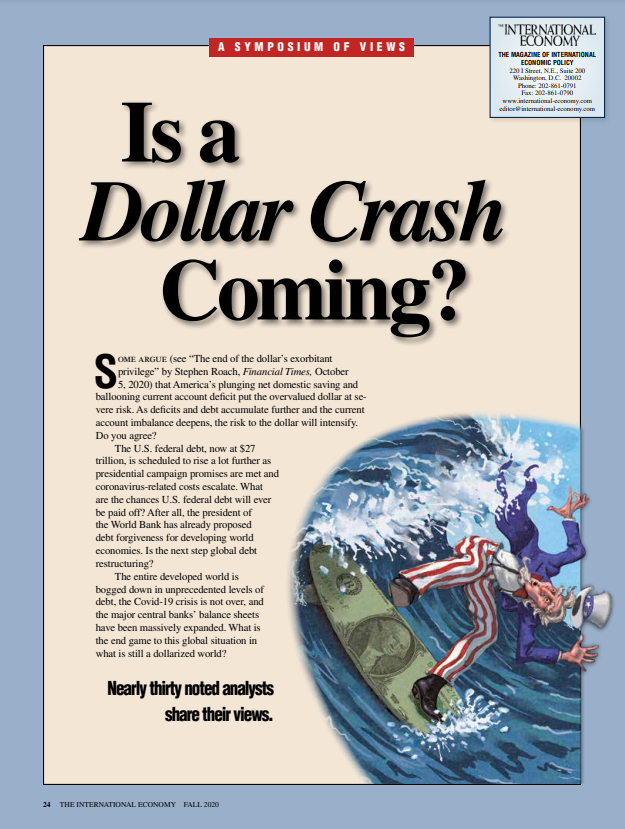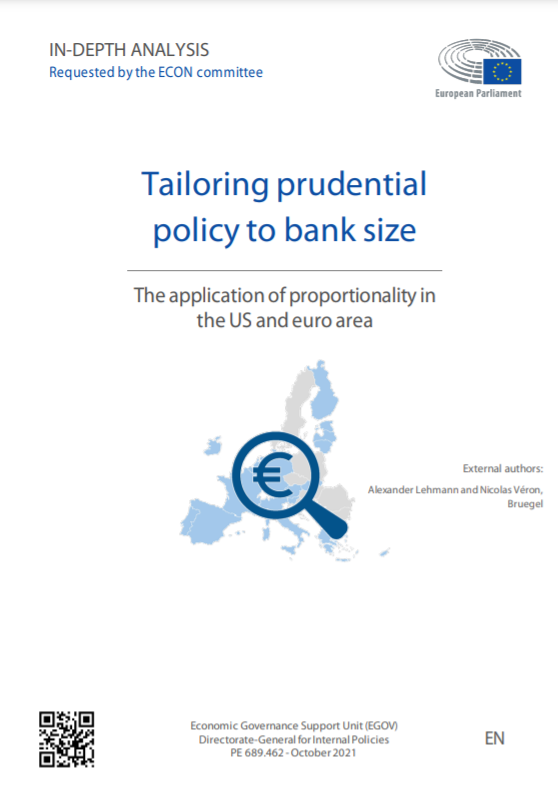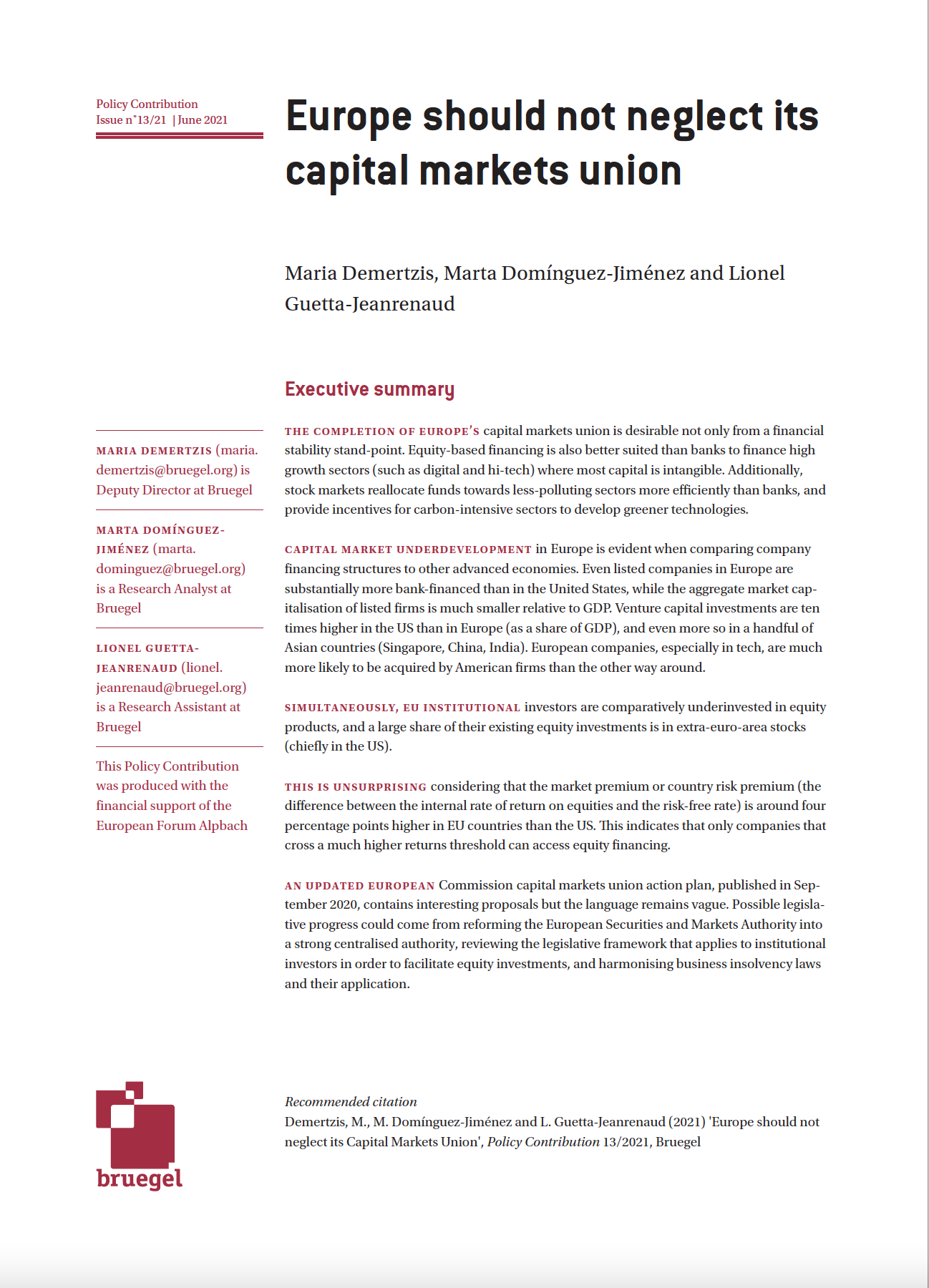Opinion
Is a dollar crash coming?
Even if a sovereign debt crisis is avoided, the public debt burden will negatively impact growth.
This piece was originally published in the Magazine of International Economic Policy as part of a series asking 30 experts for their views on the future of the dollar.
The dominant role of the U.S. dollar can be traced back to the end of World War II or even earlier to the interwar period when it gradually dethroned the British pound. Since the collapse of the Bretton Woods system in 1971 (in fact, this was a crisis of the U.S. currency), there has been continuous speculation about the imminent fall of the dollar in its global role. However, this has not happened yet despite numerous macroeconomic and financial shocks, including the global financial crisis in 2007–2009, and the mixed fortunes of the U.S. economy and politics. Most likely, the current crisis also will not undermine the dollar’s dominance, at least in the short-term.
The dollar’s resilience can be explained by private sector preferences, the strength of network externalities (I trade or save in the same currency as my trade and financial partners do to minimise transaction costs), and inertia of past choices. Changing the transaction currency would be too costly for each market participant alone unless other participants do the same (a typical collective action problem).
The lack of an alternative to the dollar is another obstacle to its “dethroning.” In the foreseeable future, the second most important world currency—the euro—does not have the chance to challenge the dollar’s dominant position because of the much smaller and less liquid market of euro-denominated financial instruments.
Regarding the fiscal prospects of advanced economies, they raise a deep concern. The United States, Japan, and several European countries entered the Covid-19 crisis with record-high debt levels. They missed the good times (in the early and mid-2000s and the second half of 2010s) to rebuild fiscal space for the countercyclical intervention against unexpected shocks.
The current crisis will further increase debt burdens as a result of recession, pandemic-related spending, and fiscal stimulus launched by many governments. The frequently expressed opinion that there is still room for debt to increase because of historically low interest rates may be a dangerous illusion. Interest rates are low because of the forced saving caused by containment measures and pandemic-related uncertainty, low enterprise demand for credit, and an aggressive policy of quantitative easing. None of these factors will last forever and interest rates will start growing at some point.
Eventually, the growing debt burden and debt service costs may trigger sovereign defaults with devastating consequences for global financial stability. High inflation is an alternative scenario if central banks are forced to monetise government debt. Even if a sovereign debt crisis is avoided, the public debt burden will negatively impact economic growth because it will absorb a growing share of private saving, destabilise the financial sector, and push governments to increase taxes.
Intertemporal fiscal constraints do not stop working and elementary fiscal arithmetic cannot be ignored.
Republishing and referencing
Bruegel considers itself a public good and takes no institutional standpoint.
Due to copyright agreements we ask that you kindly email request to republish opinions that have appeared in print to [email protected].













